
Article
Are Negative Rates a “Calamitous Misadventure"? ECB Economists Say No
Brookings Institution,
2016
Recommendation
The European Central Bank, along with the central banks of countries like Switzerland and Japan, is deploying an accommodative monetary policy that has pushed interest rates below zero. In this clearly presented article, David Wessel and Peter Olson of the Brookings Institution argue that negative rates might yield positive benefits, despite criticism that negative rates are policy gone awry. getAbstract recommends Wessel and Olson’s fresh look at this unsettling new practice to policy makers, investors and business executives.
Summary
About the Authors
David Wessel is a director at the Brookings Institution, where Peter Olson is a research analyst .
By the same authors
Report








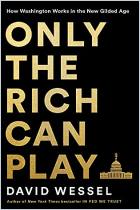

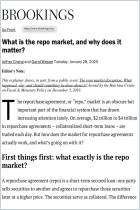
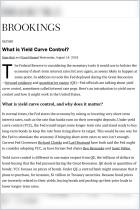
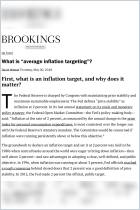
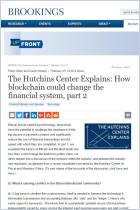
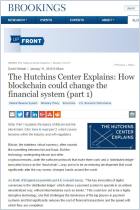
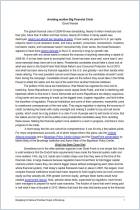
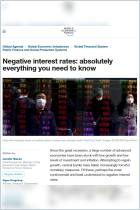
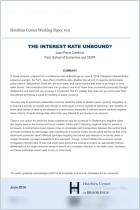

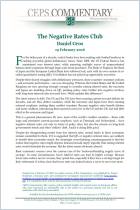
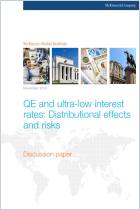









Comment on this summary or Start Discussion